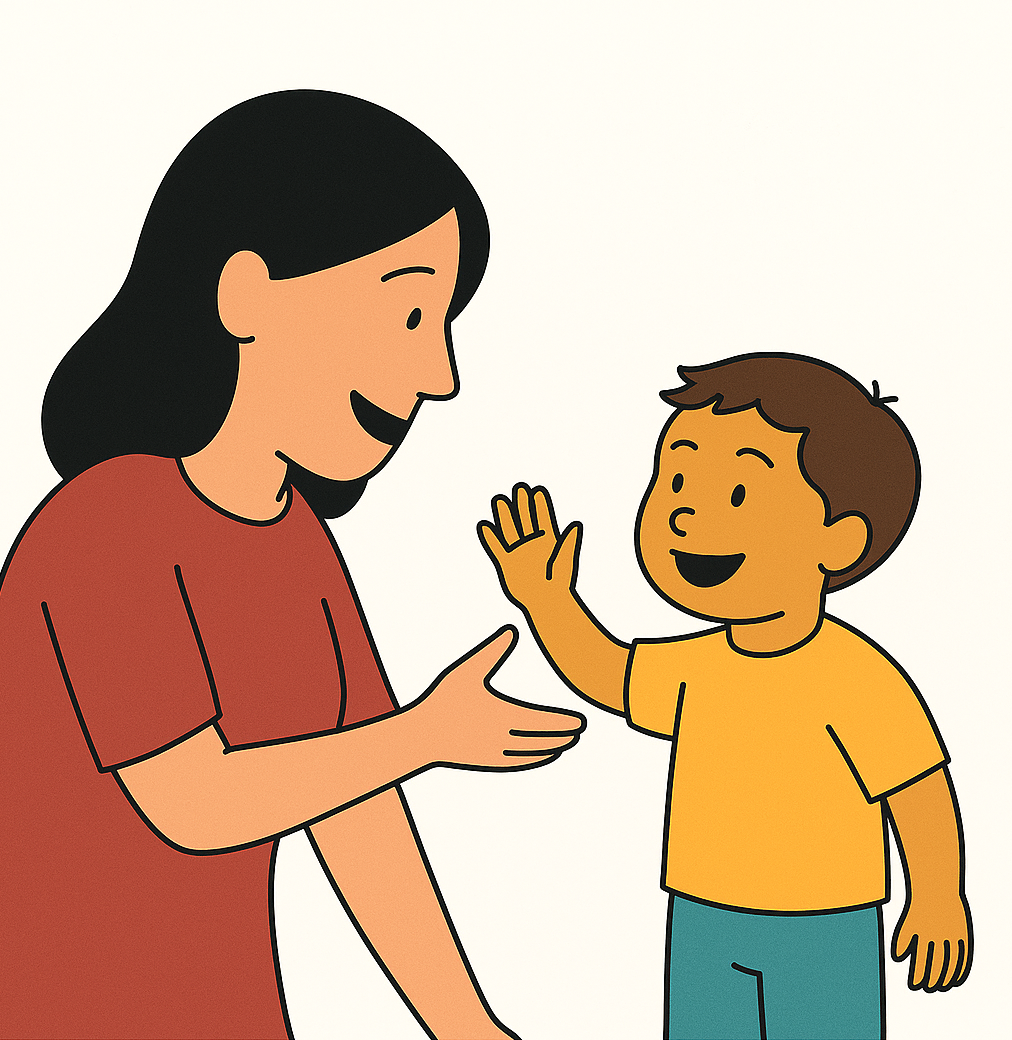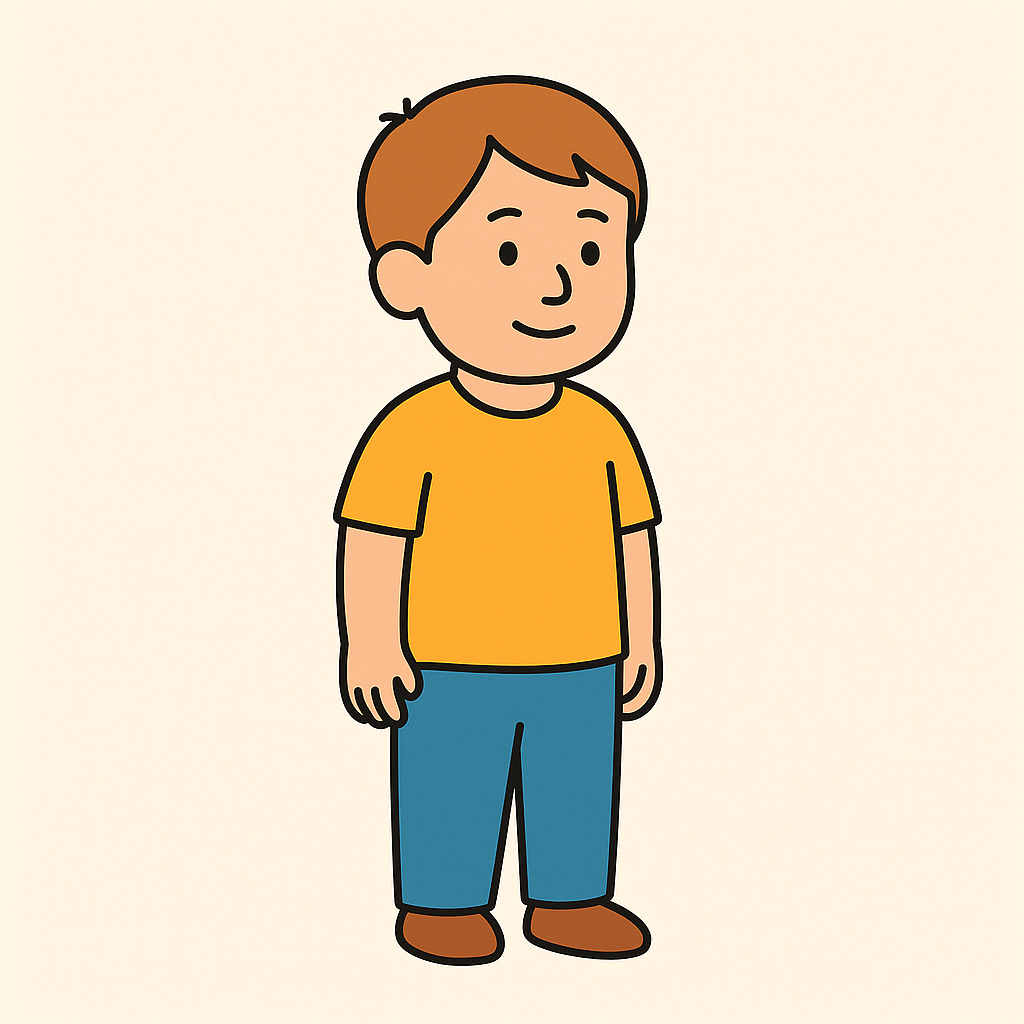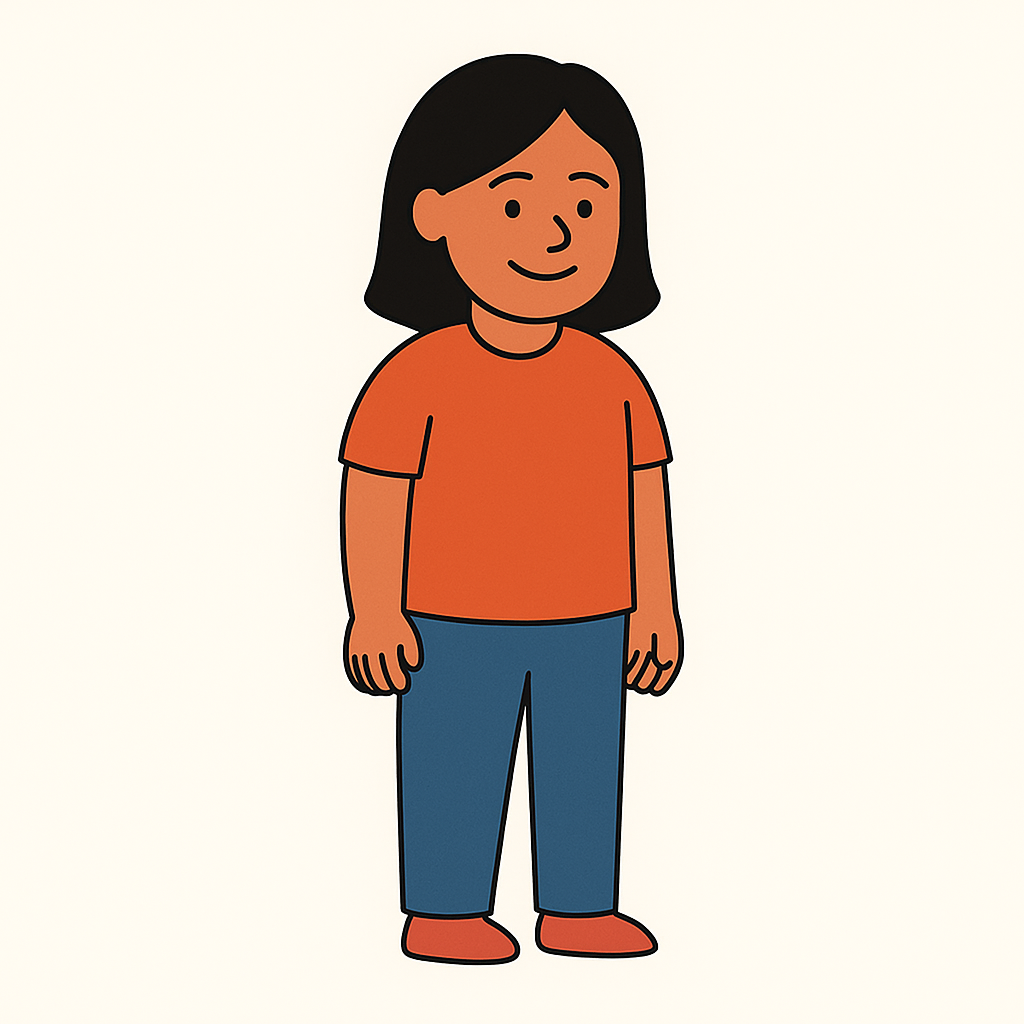Age-Based Development Guides
Navigate each stage of your child's development with confidence. Our guides combine research-backed insights with practical parenting strategies.

Comprehensive support for expecting parents through every stage of pregnancy and preparation for parenthood.
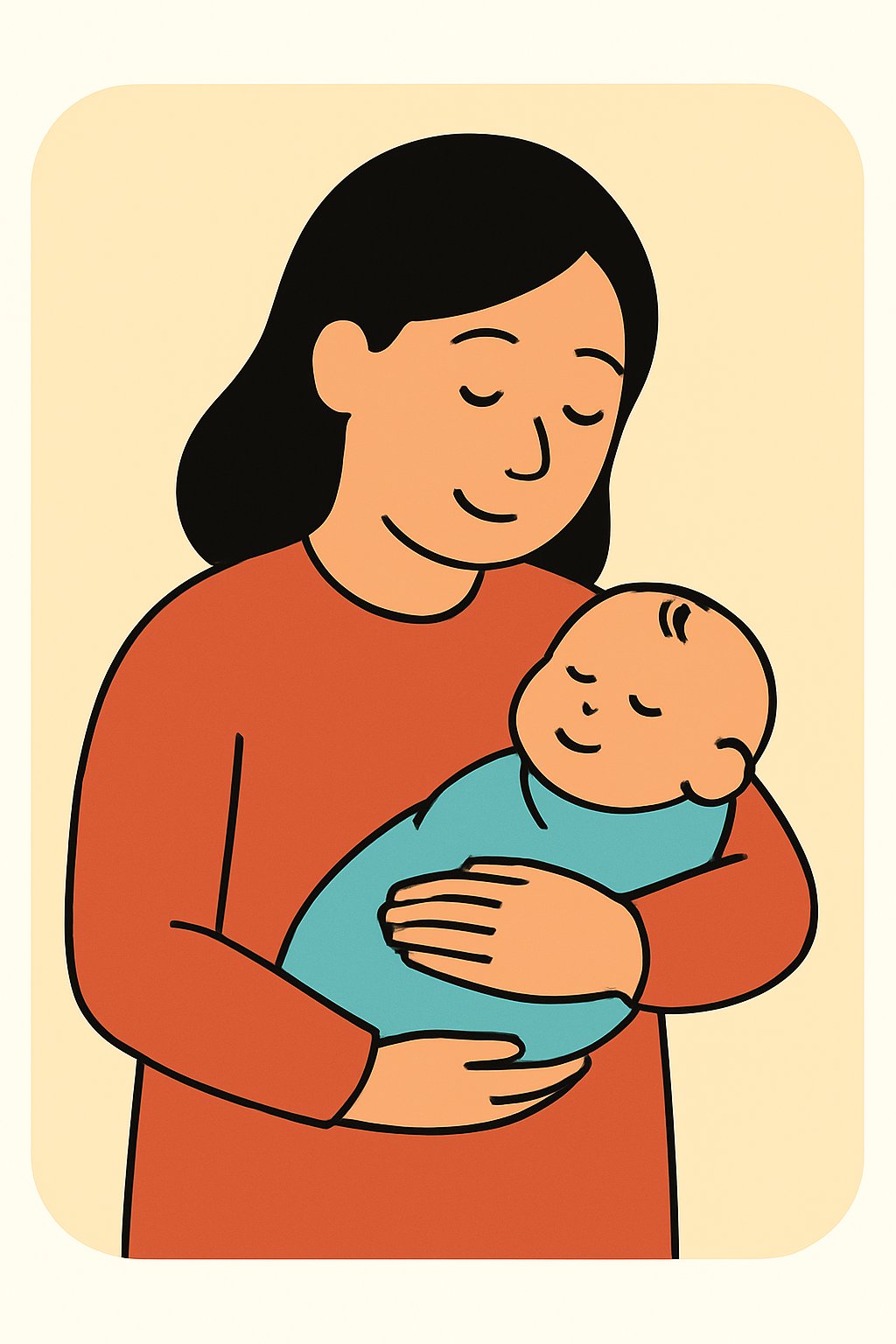
Navigate rapid development, attachment building, and learning to respond to your baby's needs.

Navigate early adolescence, puberty onset, and increased peer influence while maintaining family connections.

Support identity formation, independence seeking, and preparation for adulthood through complex emotional and social changes.
Need Personalized Guidance?
Every child and family is unique. Schedule a consultation for tailored support.
Schedule a CallChild Development Theories
Understanding the major theories of child development can provide valuable context for your parenting journey. Explore how different psychologists have mapped the path of human development.
Erikson's Psychosocial Development

Erik Erikson proposed that we face eight psychosocial crises throughout our lives, each centered on a specific developmental task or conflict. Successfully navigating each stage builds psychological strengths that help with future challenges.
Developmental Milestones
While every child develops at their own pace, these milestones provide general guidelines for typical development across different domains.
A Note About Development
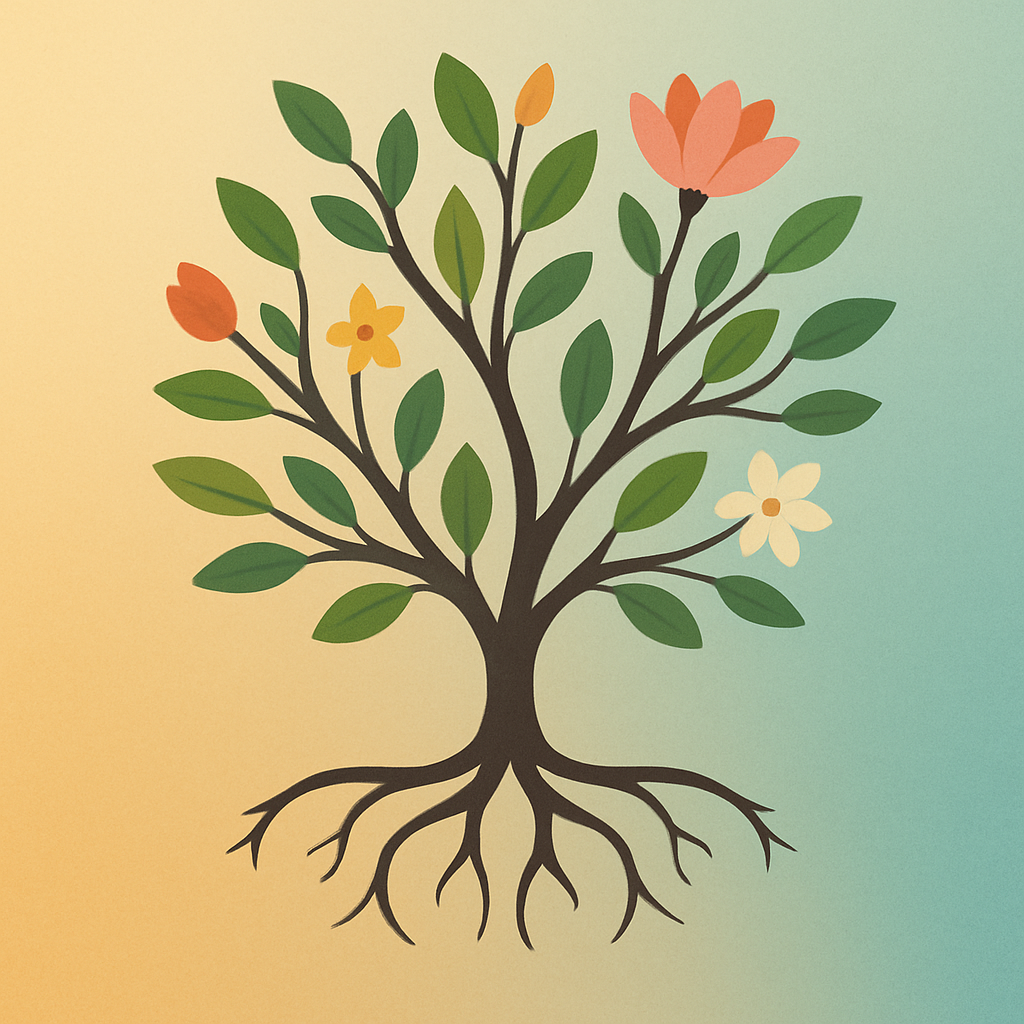
Every child develops at their own pace. The age ranges in our guides and developmental theories are approximations, not rigid expectations. Development is influenced by many factors, including:
- Individual temperament and biological factors
- Family dynamics and parenting approaches
- Cultural context and values
- Educational experiences
- Environmental factors
If you have concerns about your child's development, trust your instincts. Our mental health screeners are designed to help guide your understanding and support discussions about your child's needs. These tools are not formal assessments but can provide helpful insights. Our team is available for personalized consultation and support.

